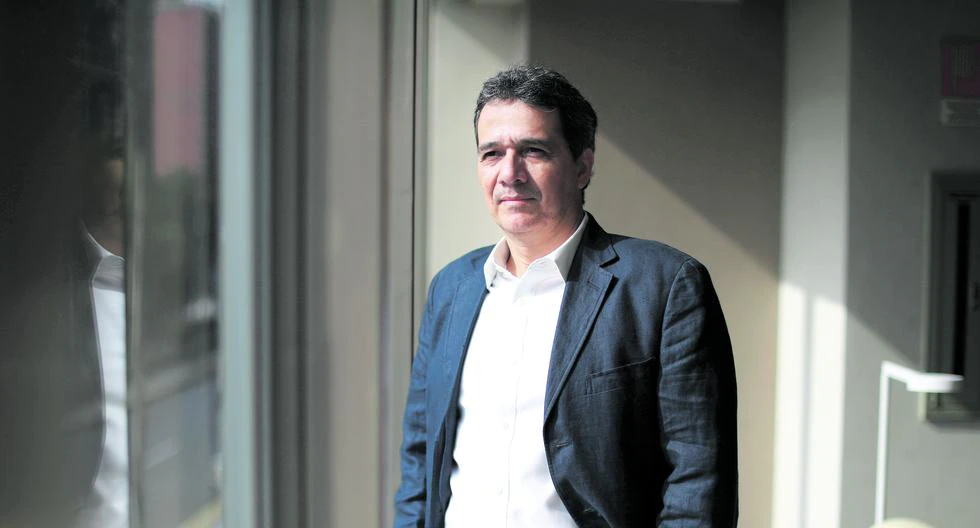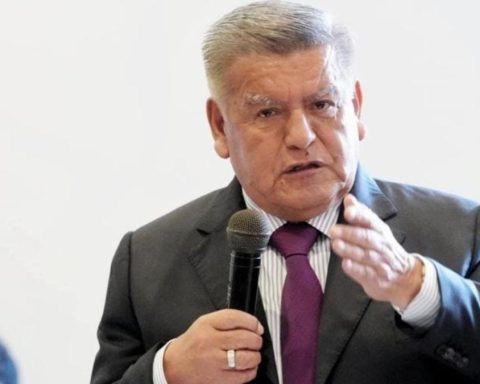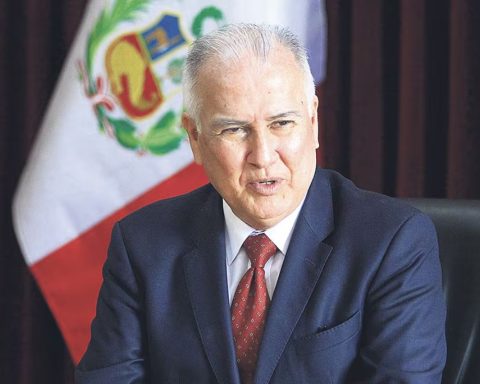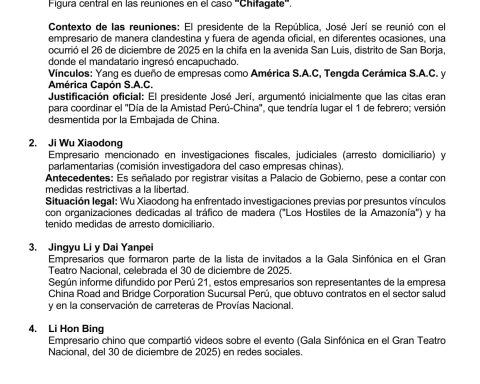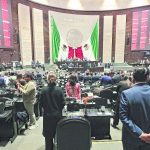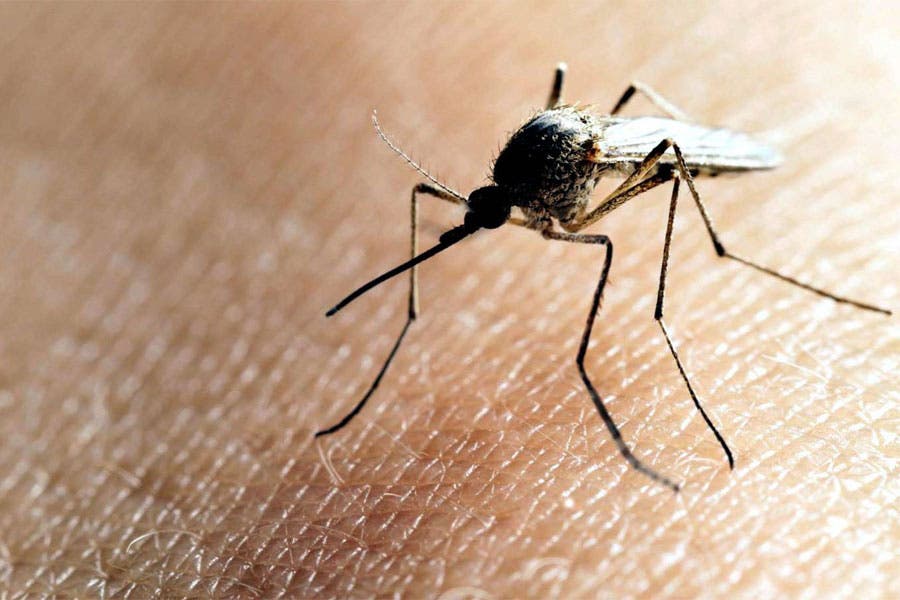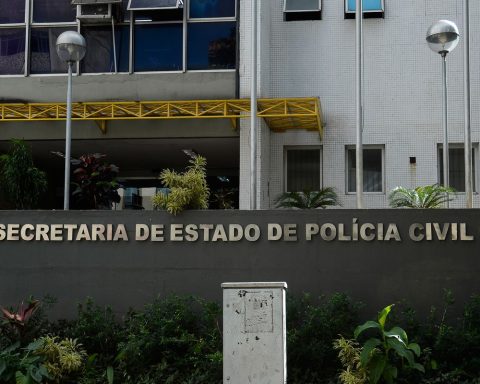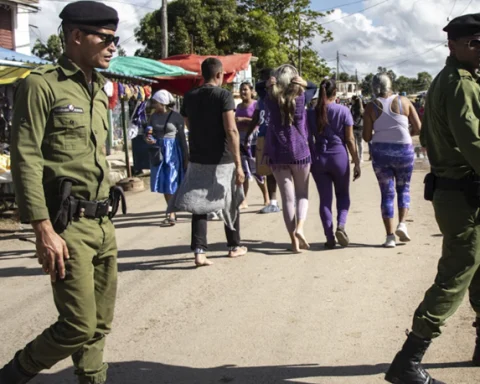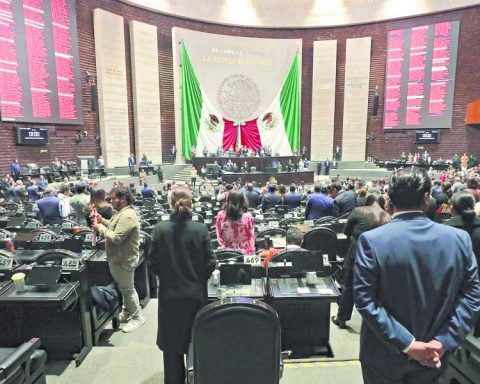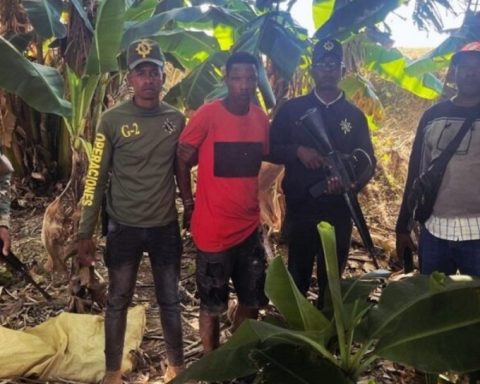In the midst of high social conflict, the fertilizer shortage and the highest inflation in recent years, the former Minister of Economy and Finance Alonso Segura analyzes the actions of the Government, the problems that mining overcomes and mentions what steps could help Castillo’s management to prevent the crisis from affecting Peruvians more.
Mining fell 4.73% in April. How does this affect other sectors and the economy?
Mining is a sector that generates many links in the economy. There are many sectors that are connected to mining and what we have now is a situation in which there are important mines, such as Las Bambas, that are having problems, that their production is paralyzed by the conflicts in the area. And the Government is not an effective mediator to solve this problem. In the case of Las Bambas, we are talking, for example, of production losses of more or less 1% of GDP. The amount of resources that are lost daily is quite significant. There is also a report indicating that there are more or less three thousand people who have lost their jobs due to this stoppage and obviously the economic costs go beyond that. It is not surprising that mining activity has fallen because you have one of the main mines paralyzed. Above all, the ones that suffer are the SMEs and the populations that are closest to the mines.
As a result of the mine stoppages, can we foresee a reduction in growth for this year?
Yeah sure, there are two reasons (for a downgrade). For example, Las Bambas is more or less 1% of GDP and Cuajone is smaller, but let’s say that if they spend a quarter paralyzed, we are talking about a loss of 0.3% or 0.35% of GDP. With a GDP that just reaches 3%, you can take away a tenth of that growth. That is the direct effect, but there are also effects on potential impacts on other mines or that this spreads, or the impact on business confidence and investment expectations. Another factor is that the world is getting complicated, and not only because of the issue of international price increases, of inflation; it is getting complicated because growth is weaker, in addition to the possibilities of a potential recession. There are factors that suggest that the global growth environment could be less favorable than previously anticipated.
Considering risk factors such as the shortage of fertilizers or decisions by the US Federal Reserve, do you think that the Government is being little aware of the reality that lies ahead?
No government has had the magic wand of a solution to avoid conflicts, but here there is actually a bigger problem, that the government has an anti-mining attitude in several of its main representatives because it seems that they want this to happen. For example, the statements of the vice president (Dina Boluarte) in Davos, basically charging against the formal mining sector. It is a qualitatively important change. It seems that the Government is not aware of the relevance of the mining sector for the Peruvian economy and everything that is in a context of rising prices, a food crisis and all the welfare impact that it could generate.
Do you consider that conflict resolution is no longer a State policy?
It is difficult to say, I do not know what the situation of the teams dedicated to conflict resolution will be. In general, there has been an erosion of human capital and skills in multiple public sector agencies, starting with the Ministry of Agrarian Development (Midagri), which would be one of the main ministries and their dependencies involved in this fight against the food crisis. There we have the most recent minister and they have dismissed and retired several high officials. So we have a sector (Agrarian Development) that has been devastated. There is also Transport and Communications (MTC) or Midis itself. The same vice president is a minister of the Midis and has been saying those things (against formal mining) and the president is saying that only the idle are hungry. We see inflammatory speeches against private investment, and mining investment in particular, from very representative members of the Government.
As for withdrawals from AFP funds, some analysts say that could affect the exchange rate. To what extent is there a risk that the dollar will rise?
The first thing I must say is that I am an independent member of a pension fund. In an inflationary moment you can’t inject twenty thousand million soles or a good part of that into the economy because it affects us all. They are also complicating the management of the affiliates’ portfolios because you are having to leave the most liquid assets and on the exchange rate there will obviously be the sale of assets from abroad as well. This means that there will be a greater supply of dollars, which will generate some downward pressure on the exchange rate in the coming months due to the magnitude of what has to be brought in and sold in dollars. The truth is that the effect is there, it is an added effect on any variable that could impact the exchange rate. It is not the only variable because there may be others that pull the exchange rate up as well. I don’t want this to look like I’m forecasting an exchange rate direction.
What actions can the Government take to prevent the price variation from worsening?
The Government needs an urgent strategy to fight. First, it has to protect the most vulnerable households through temporary and targeted bonuses. The second thing is how to support small agricultural producers, how to support with fertilizers. It is something that has started to be done late, but it has started to be done. However, it is insufficient. So, much more attention has to be paid to all logistics there, which is quite complex, which I highly doubt that the Midagri has the capacity to handle.
Keep in mind
-Alonso Segura Vasi is an economist from the PUCP, professor at the same university.
-He has a doctorate from the University of Pennsylvania, was head of the MEF between September 2014 and July 2016, and is the founder of Hace Perú.
